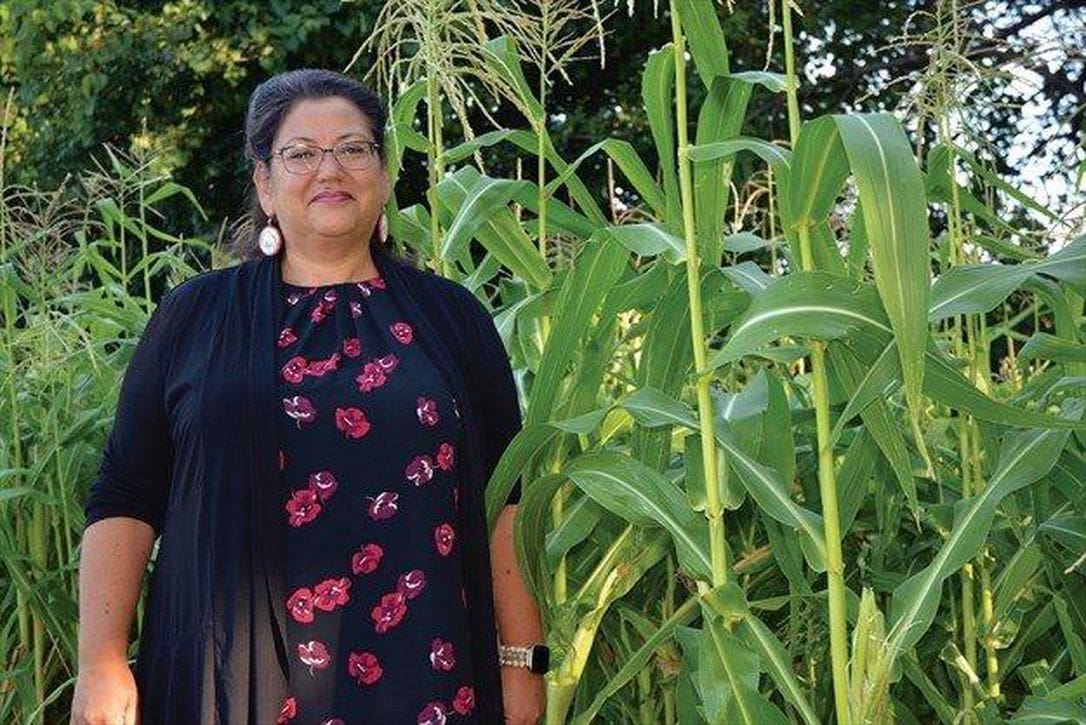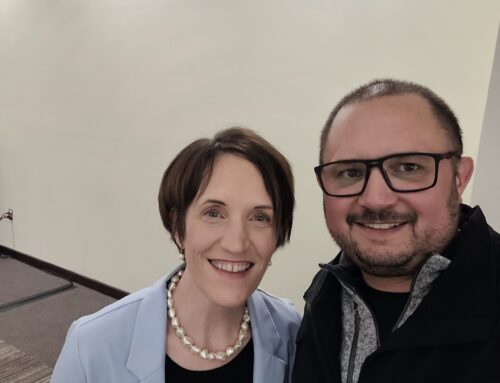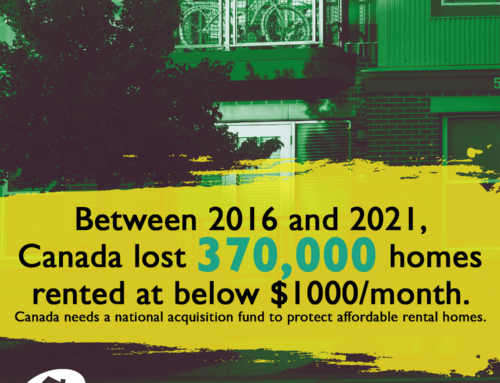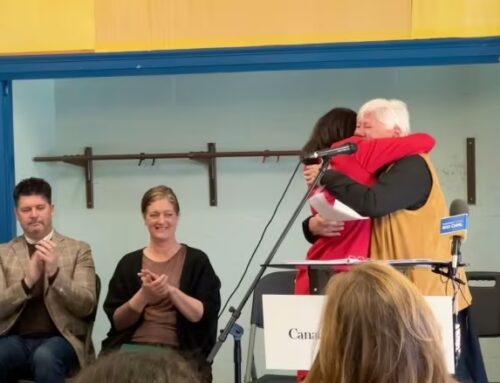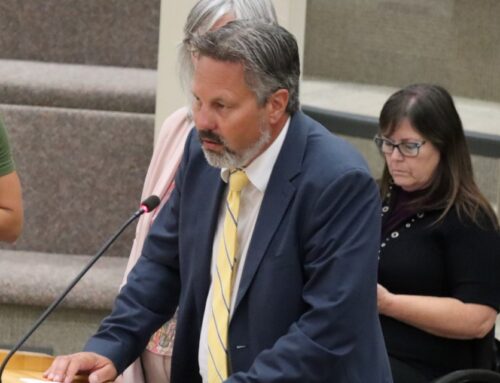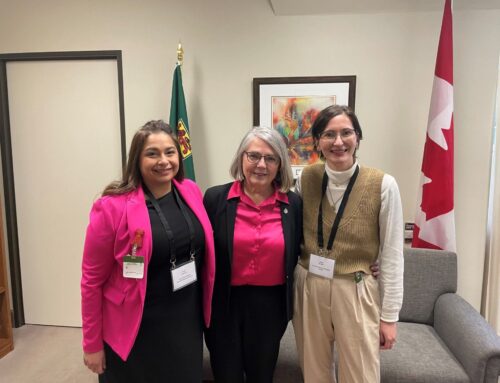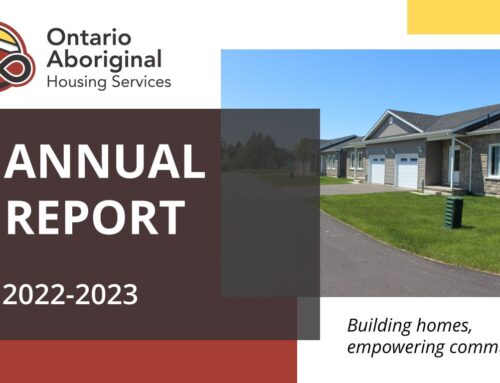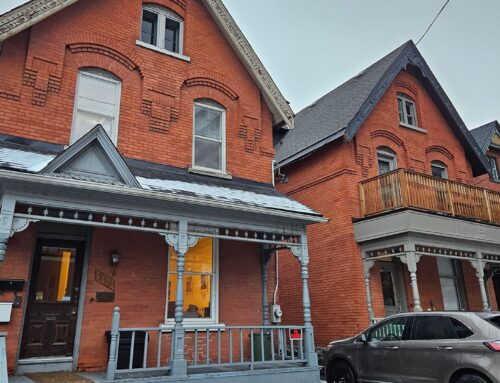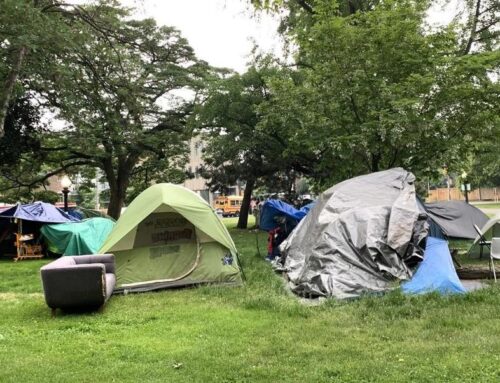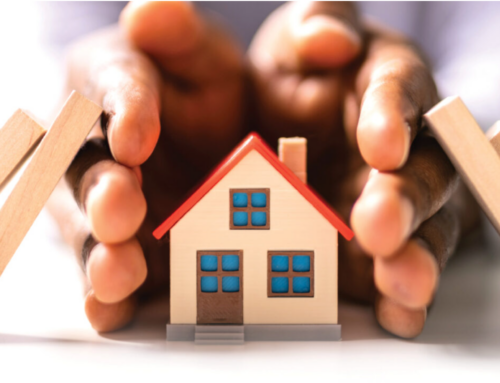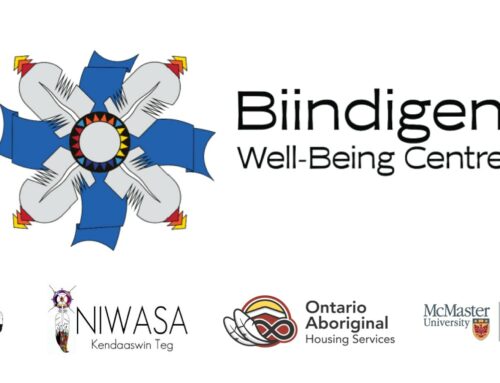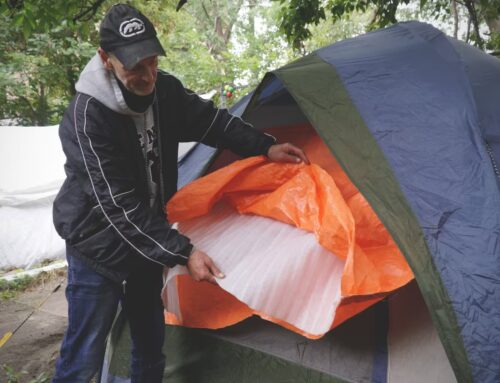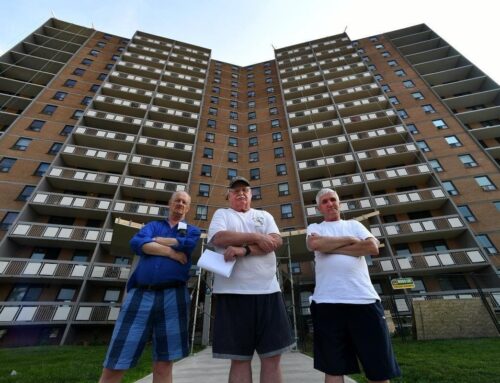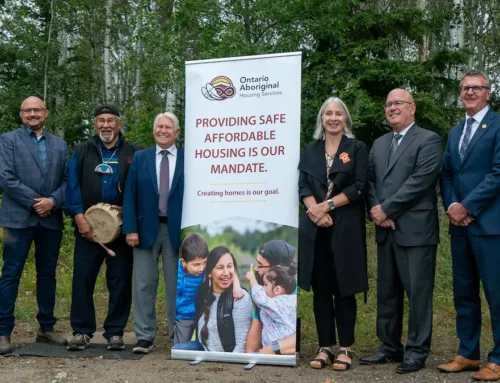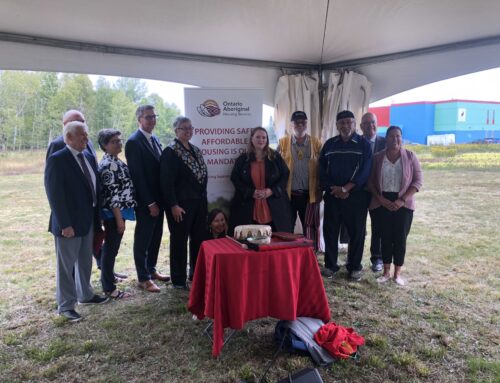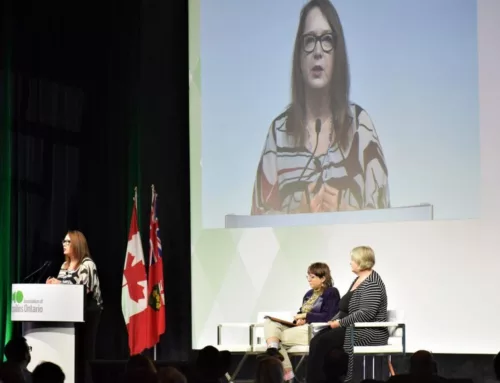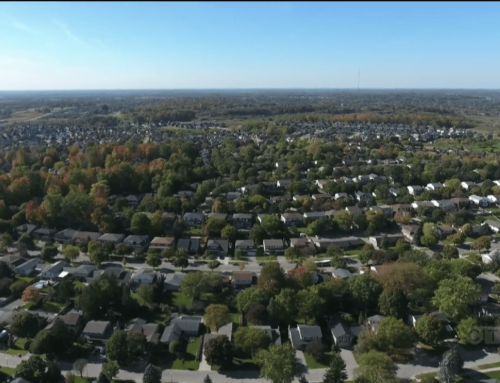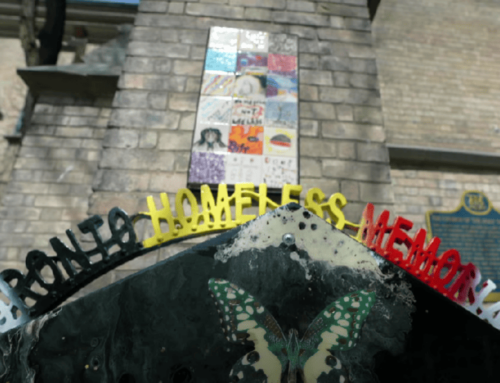Published on December 22, 2022 by Toronto Star
Sometimes, we only see it when it lands on our doorstep. Many times, we walk right by. This ability to not see homelessness, to either look away or not notice at all, is a privilege fewer and fewer have, and none of us can afford.
With the pandemic rent freeze over, we are sounding the alarm for Ontarians. As Indigenous people, we often feel economic impacts first, but we’re also worried about you. As your neighbours, as elders speaking to a young country, we’ve known for some time that we sink or swim together.
Most of us are well aware that we desperately need affordable housing in Ontario — but what does that actually mean? A household should not spend more than 30 per cent of its income on housing — either rent or a mortgage — for it to be considered affordable, manageable, within budget. But Indigenous people are not even starting at the same baseline.
Our grandparents and some of our parents, many residential school survivors, were not born citizens. Our grandparents had no access to mainstream finance, so most of our parents grew up poor. No credit ratings, no intergenerational wealth accumulation, no home investment to retire on.
On top of this, we tend to blame victims, the poor and racialized, for their own state. Yet now, even your children can’t afford a house. And education does not insulate you. So what do we actually have to earn to pay fair market rent or get a mortgage?
Working full-time at the new $15/hour minimum wage, yearly earnings are under $26,000. Median rent for a two-bedroom apartment is almost $16,000 ($1,320/month). That’s 62 per cent of income. To afford rent at 30 per cent, you’d need to earn at least $53,000 — more than double minimum wage earnings.
To buy a home, the average cost in Ontario is now $922,000. In Niagara, a household would need to earn $145,000 to qualify for a mortgage; in Toronto, you need $220,000 annually.
It simply isn’t possible to work your way out of this at minimum wage. And with the cost of food up about five per cent, it’s an even harder budget to balance. The crisis goes beyond renting or buying, too. We need other forms including more supportive, transitional, and group housing.


